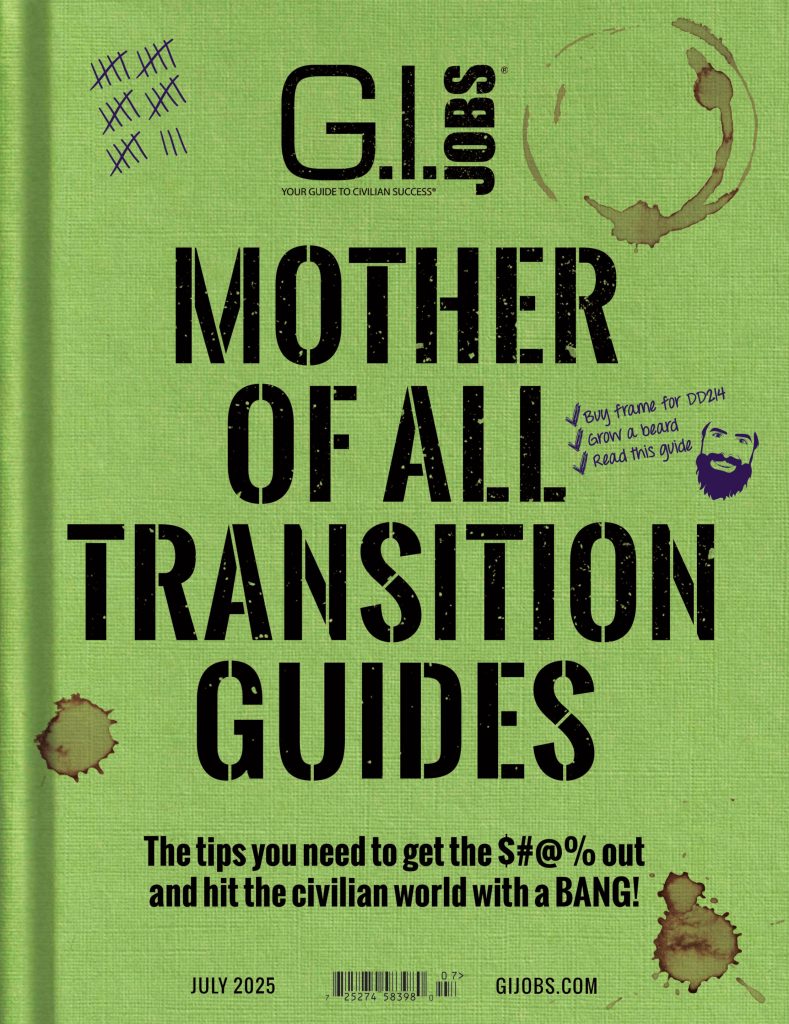The military transition to civilian life can be a tough road to navigate. But don’t fret, we know the drill. By having a set of strategies in place to manage stress and take care of your mental health, you can make the transition less of a struggle.
And we’re here to give you the inside scoop, nine tips, tried and tested by veterans, that’ll help ease the transition and make it a success.
1. Exercise Regularly
Physical activity is a proven stress-buster and it can help to improve both physical and mental health.
2. Practice relaxation techniques.
Techniques such as deep breathing, progressive muscle relaxation and mindfulness meditation can help to reduce stress and improve overall well-being.
3. Connect with others.
Social support is an important factor in managing stress, and it can be helpful to connect with others who understand the unique challenges of military transition.
4. Seek out professional support.
If stress and anxiety become overwhelming, it can be helpful to seek out professional support from a mental health provider.
5. Practice good self-care.
Taking care of your physical and emotional needs is essential for managing stress. This can include getting enough sleep, eating a healthy diet and engaging in activities that bring joy and relaxation.
6. Set realistic goals and expectations.
It is important to be realistic about what you can accomplish and to set achievable goals for yourself as you transition to civilian life.
7. Find healthy ways to cope with negative emotions.
It is natural to experience a range of emotions during the transition process, and it is important to find healthy ways to cope with these emotions, such as through journaling, talking to a trusted friend or family member or seeking out support from a mental health professional.
8. Take breaks and practice self-compassion.
It is important to take breaks and to be kind to yourself as you adjust to civilian life. This can include setting boundaries, taking time for self-care and being patient with yourself as you navigate this new phase of your life.
9. Seek out new opportunities for personal and professional growth.
Transition can be a time to explore new interests and to set new goals for personal and professional growth. Engaging in activities that are meaningful and fulfilling can help to reduce stress and promote well-being.
Basically, y’all have a lot to deal with during your transition to civilian life, and it’s vital to have a set of strategies in place to manage stress and keep your mental health in check. We hope that these nine stress relief tips have provided valuable insights to help you on this journey.
But don’t stop here, download our Mother of all Transition Guides, an all-inclusive guide, specifically tailored to military veterans, and take your transition to the next level. This guide will give you all the tools you need to navigate the challenges of this new chapter in your life with confidence and success. Don’t wait, download now!
Read this full article and more in the July 2025 Issue of G.I. Jobs magazine.




